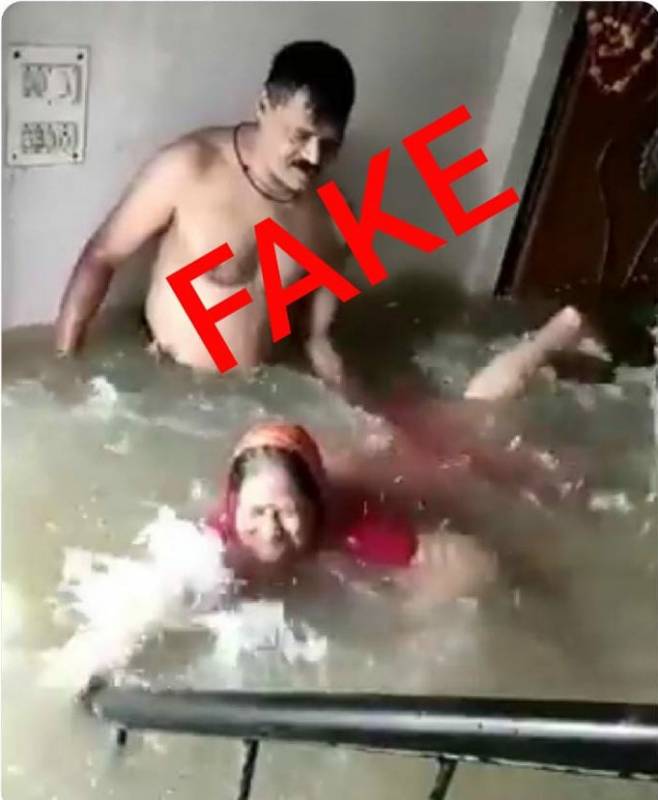Misinformation on Twitter during Covid-19: India tops list among four Asian countries studied
By Amritha Mohan
Hyderabad: A comparative study that conducted topical and temporal analyses of Covid-19 tweets on Twitter has suggested that misinformation can be seen on a much larger scale in India, compared to the other three Asian countries that were considered for the study. The other countries -- Iran, Vietnam and South Korea, showed other patterns unique to their offline response to the pandemic, the study said.
The study categorised different topical phases for the four countries based on the most retweeted tweets, probable keywords and the time they were tweeted (top 1,000 most retweeted tweets and the top 30 highest probable keywords for each topic).
For instance, India had three topical phases: namely Phase 1 from January 1 to January 29, Phase 2 from January 30 to March 9, and phase 3 from March 10 to March 31. Considering only the Hindi tweets, the study found that “in the starting phase, the tweets are focused on sharing information about Covid-19 and global news about Covid-19 in China. People wanted to share the news about Covid-19 and information on how to be safe.”
The study also found that the number of tweets increased on January 30, when the first case was confirmed in India. A major amount of this has been misinformation; “a marked portion of the tweets still consist of hateful content and misinformation,” after Phase 1.
Comparing this with the other countries, South Korea, Iran and Vietnam had different Twitter reactions, the study said. In the case of South Korea, when the offline situation became severe (Phase 2- February 13 to March 9), the number of topics tweeted became smaller, which may mean that people began to focus more on a handful of specific issues. Uniquely, a substantial period in the initial phase also saw people extending solidarity to fight Covid-19 in South Korea.
In Iran, the study observed that the number of topics has been relatively steady across time and the mentioned major topics have been skewed as news and information. In case of Vietnam, similar to the case of South Korea, at Phase 4 (March 5 – March 22), the number of topics became broader and the themes of topics became less direct to the confirmed and/or death tolls. Meanwhile, the study observed that the amount of misinformation coming from India was unique compared to other countries.
The study was conducted by Sungkyu Park, Sungwon Han, Jeongwook Kim, Mir Majid Molaie, Hoang Dieu Vu, Karandeep Singh, Jiyoung Han, Wonjae Lee, Meeyoung Cha, researchers from Korea Advanced Institute of Science and Technology (KAIST), Daejeon, South Korea, Institute for Basic Science (IBS), Daejeon, South Korea and Hanoi University of Science and Technology (HUST), Hanoi, Vietnam.